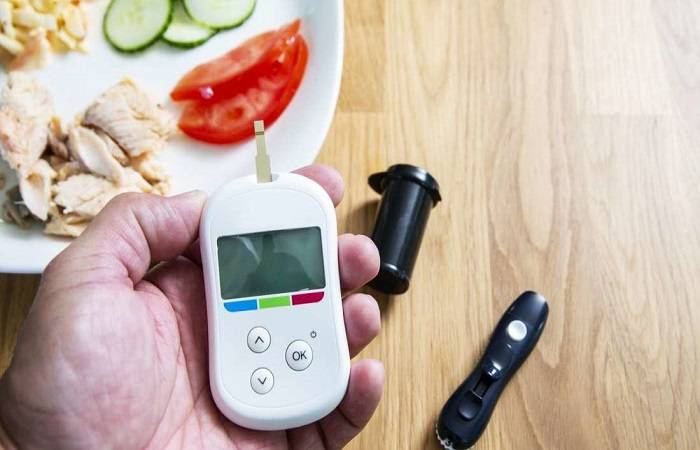
Uber, Lyft and other ridesharing platforms have become the taxis of the modern world. Uber drivers handle dozens of rides per week, making them directly responsible for the safety of many passengers. Despite the responsibility of this role, Uber drivers aren’t necessarily subject to the same standards as bus drivers or commercial vehicle drivers. Read on to learn if Uber drivers have to take drug tests, and how a failed drug test may impact your ride-sharing capabilities.
Are Uber Drivers Regulated by the Department of Transportation?
No, rideshare drivers (like Uber & Lyft) are not regulated by the Department of Transportation. Because of that, they are not subject to DOT drug testing like CDL drivers are. Lyft and Uber drivers are responsible for other people’s safety, but only on a small scale. In many ways, they are categorized as carpool drivers, not transportation associates.
Some Uber Drivers Take Drug Tests, But Not All
Uber and Lyft do not require drug tests for rideshare drivers, but some state and local ordinances do. Lyft and Uber both abide by local ordinances in addition to their own protocol. For example, Uber drivers in New York City must get a TLC license. In order to get a TLC license, drivers must complete a drug test at an approved location. This test is at the expense of the driver. The cities surrounding NYC do not have this same requirement, so a driver could work one hour away and not be required to take a drug test.
Can I Drive for Uber with a Failed Drug Test on My Record?
Uber and Lyft both conduct background checks before approving drivers for rideshare opportunities. These background checks include a close examination of motor vehicle violations, tickets, DUIs and drug-related incidents. If you have a drug-related offense within the last few years, your application may be denied. Once again, this depends on the platform’s regulations, along with state and city requirements.
Can I Drive a Commercial Vehicle with a Failed Drug Test on My Record?
Unlike rideshare drivers, commercial vehicle drivers are subject to DOT regulations. Truck drivers, bus drivers, and anyone operating with a CDL cannot perform safety-sensitive job duties with a failed drug test on their record. If you have failed a drug test, the first step is to obtain a SAP list. From this list you need to choose a substance abuse professional (SAP). The SAP will work with you to complete the Return-to-Duty (RTD) process before you can perform this line of work.
The RTD is a personalized process guided by a Substance Abuse Professional (SAP). Your SAP will evaluate your circumstances and recommend education, treatment, counseling, or other steps you must complete in order to be cleared for work. After successfully completing those tasks, you will complete another evaluation with your SAP, followed by a drug test. Pass that drug test, and you can be cleared to drive a commercial vehicle for work.
You may already be looking for a SAP near you. American Substance Abuse Professionals is a network of over 5,000 DOT-qualified SAPs throughout the United States with an 85% success record at getting employees back to work after a failed drug test.
Checking your car’s engine oil is just as crucial as using a Toyota VIN decoder. You may use the VIN decoder to figure out which parts of a faulty Toyota vehicle need to be replaced. You may also see if your vehicle has been involved in any recalls. There are reasons why you should use the Toyota VIN number lookup opportunities.




